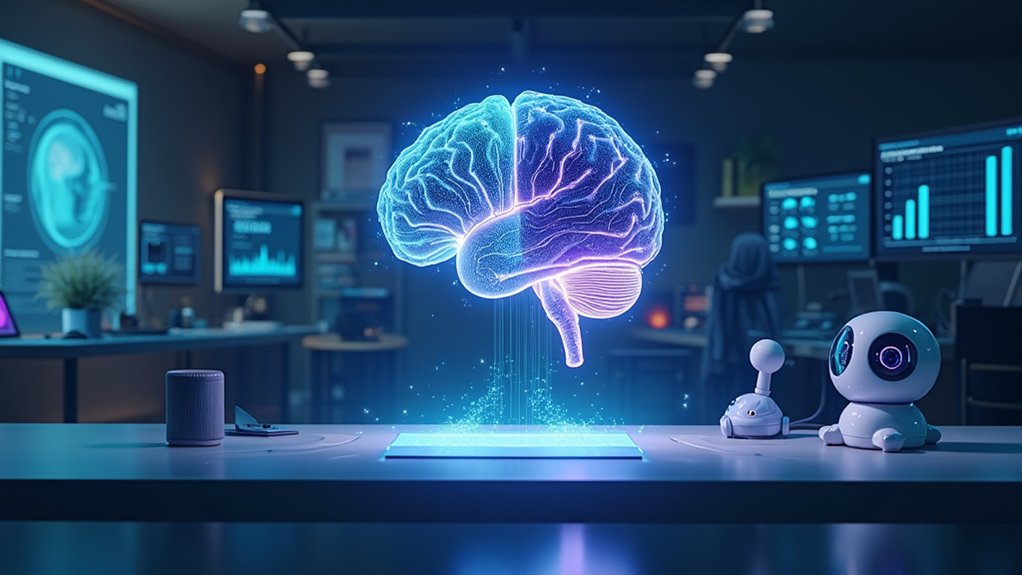How reliable are AI search engines when it comes to providing accurate information? According to a recent study from Columbia University, the answer isn’t encouraging. Over 60% of citations provided by AI search engines contain confident but incorrect information about news articles they reference.
The study examined eight popular AI systems and found widespread errors in identifying basic information like headlines, publishers, publication dates, and URLs. Even Perplexity, among the better performers, had a 37% error rate, while Grok 3 performed worst with a 94% incorrect citation rate. These AI tools rarely express uncertainty in their answers, making false information seem more credible to users. Premium models often present themselves with high confidence, but higher cost does not guarantee better accuracy.
AI search tools confidently serve up errors, with even top performers like Perplexity missing the mark on basic citation facts 37% of the time.
Another concerning trend is that AI search engines overwhelmingly favor deep, obscure web pages over trusted homepage sources. About 82.5% of AI citations come from specific, deeply nested pages rather than main websites of reputable publishers. This practice can lead users to less authoritative content instead of information from mainstream, trusted sources. These tools often engage in content repackaging, cutting off vital traffic to the original publishers and sources of information.
Despite partnerships between AI companies and publishers like Time Magazine and San Francisco Chronicle, accuracy problems persist. These deals give AI firms direct access to publisher content, yet the systems still struggle to identify and properly cite even their partner publishers’ materials. In one test, AI correctly identified San Francisco Chronicle content just once out of ten attempts. Similar challenges exist in healthcare, where despite AI’s potential to improve diagnostic accuracy by 5-10%, data security remains a significant concern when implementing these systems.
While AI tool adoption is growing, with usage expected to reach 38% by 2025, traditional search engines remain dominant with 95% of Americans still relying on them. Curiously, heavy AI users actually increase their use of traditional search engines, suggesting AI complements rather than replaces tools like Google.
As search evolves toward AI-powered “answer engines” that provide summaries instead of just links, the accuracy issues become more critical. With AI tools failing to decline answering when uncertain and preferring obscure sources over trusted ones, users face increasing challenges in finding reliable information in this new search landscape.
References
- https://fortune.com/2025/03/18/ai-search-engines-confidently-wrong-citing-sources-columbia-study/
- https://www.cjr.org/tow_center/we-compared-eight-ai-search-engines-theyre-all-bad-at-citing-news.php
- https://searchengineland.com/ai-tool-adoption-surges-search-stays-strong-461235
- https://globisinsights.com/future-of-work/machine-learning/the-state-of-search-in-2025/
- https://www.omnius.so/blog/ai-search-industry-report
- https://www.index.dev/blog/perplexity-statistics
- https://explodingtopics.com/blog/ai-statistics
- https://hai.stanford.edu/ai-index/2025-ai-index-report
- https://menlovc.com/perspective/2025-the-state-of-consumer-ai/









